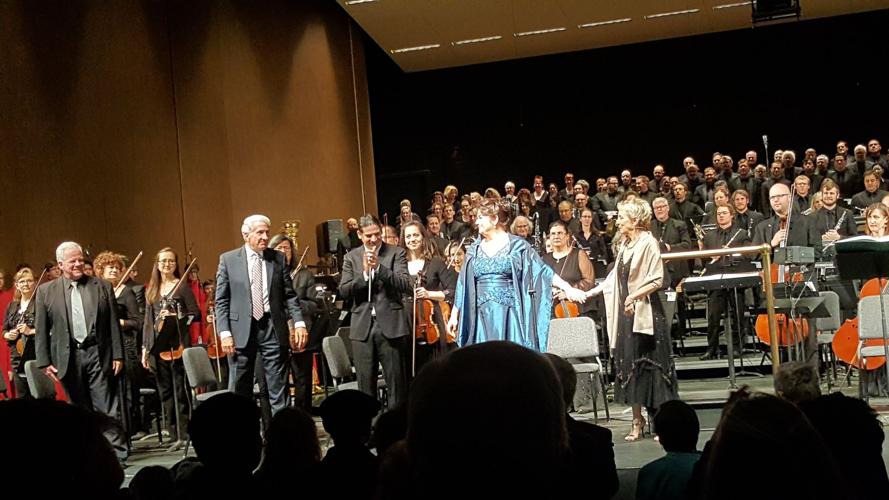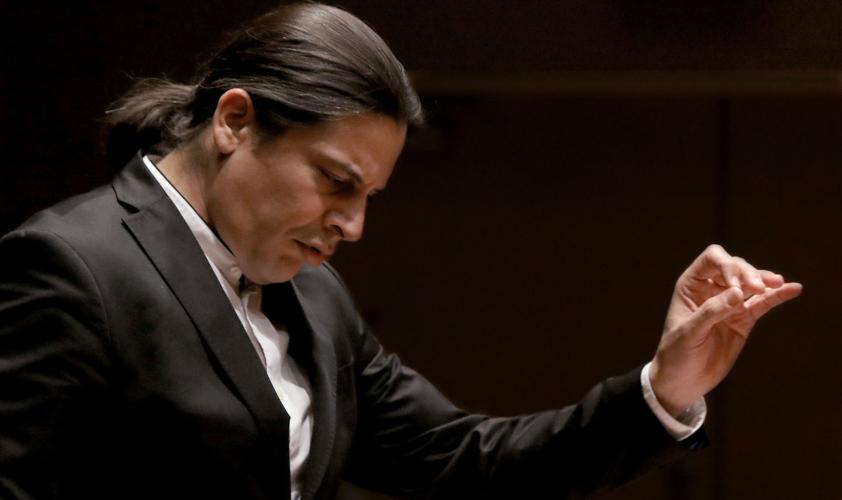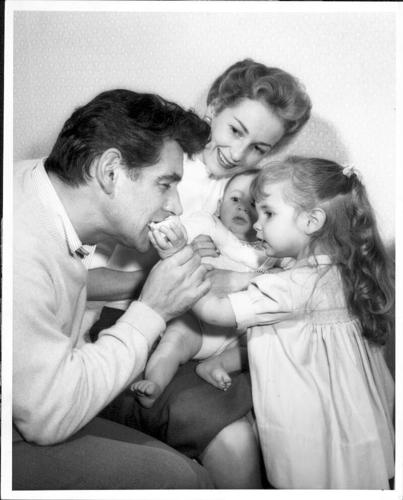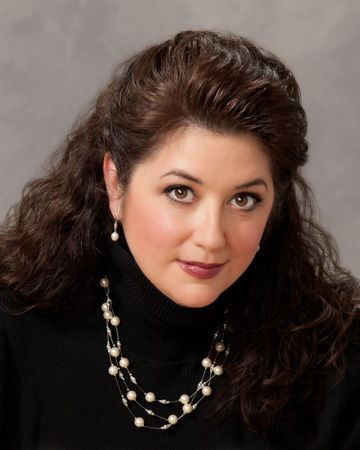The Tucson Music Hall stage could have used a foot — or 10 — more Friday night.
There was little wiggle room left when the musical contingent necessary to pull off Bernstein’s Symphony No. 3 “Kaddish” filled the stage. More than 75 TSO Choristers were set up on risers lining the back wall, pressed against the percussion section. At one point in the third movement, a percussionist had to shimmy along the small space separating the two sections to get to his instrument.
A couple dozen boys from the Tucson Arizona Boys Chorus sat on the floor against the piano-side wall while they waited for their big moment late in the performance. The orchestra, which included nearly 30 people playing woodwinds and brass, a harpist and a full force of string players, filled in the rest of the stage. This left a sliver of real estate for soprano soloist Kelley Nassief and narrator Jamie Bernstein.
It is easy to see why the TSO, in its 89-year history, waited for an occasion such as this — the sixth annual Tucson Desert Song Festival, dedicated to the 100th anniversary of Bernstein’s birth — to mount such a manpower-demanding work. From the rush of applause Friday night, it was worth the wait.
Bernstein, who died in 1990 at age 72, built the “Kaddish” around Jewish prayers for the dead. It is dramatic music theater in all its glory, with moments of crushing grief brought to life in quivering string passages and rumbling percussion that at times sounded like a thunderstorm swelling in the distance.
José Luis Gomez, the music director of TSO, did an impressive job of keeping everyone on the stage on the same page, and never let the rumble roar so loudly that it drowned out the sweetness of the strings.
There were a few moments when it was hard to hear Bernstein, the composer’s oldest daughter, but they were fleeting. One was due to a momentary silent mic; another time Bernstein had to speak up to better project over the strings that were literally feet away.
Bernstein narrated texts that she had written to substitute for her father’s original words. Her father alternately praised God and took him to task for the mess of the world; his daughter turned the spotlight on her father, hashing out the composer’s inner battle with God and his own gift from God, his music.
The great majority in Friday’s audience of 1,400 may have watched Bernstein when he was a superstar New York Philharmonic conductor in the 1960s and his “Young People’s Concerts’” were broadcast on CBS, but there were some of us who knew Bernstein only by reputation and pop culture references. So seeing his daughter on stage to connect the dots was pretty exciting.
It was also exciting to hear Nassief hit the high end of her soprano range with such control and clarity. The TSO Chorus and the boys chorus were pretty terrific singing in Hebrew with impressive enunciation.
Also on the program: Beethoven’s Overture to “Fidelio” and Gustav Mahler’s unfinished Symphony No. 10, which the TSO, with the stage lit up by music-stand lights that almost mimicked flickering candles, performed with great emotion, warmth and nuance.
Gomez did a fine job of bringing out Mahler’s cinematic flourishes and balancing it with the emotional depth of the piece, which Mahler dedicated to his cheating wife.
The TSO’s “Kaddish” performance kicked off the first weekend of the Tucson Desert Song Festival’s “Bernstein At 100,” which runs through Feb. 4 and surveys all manner of the late composer’s catalogue, from his orchestral and Broadway works to his operetta “Candide,” which Arizona Opera will present at the Music Hall next weekend. (See Thursday’s Caliente for more.)







